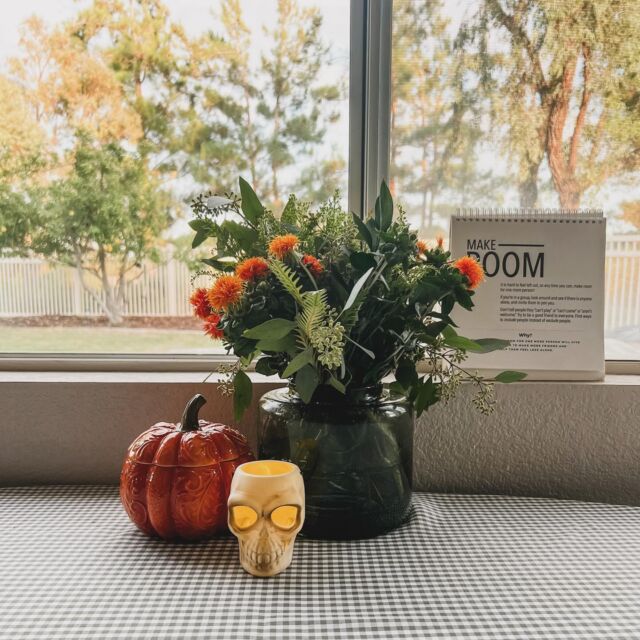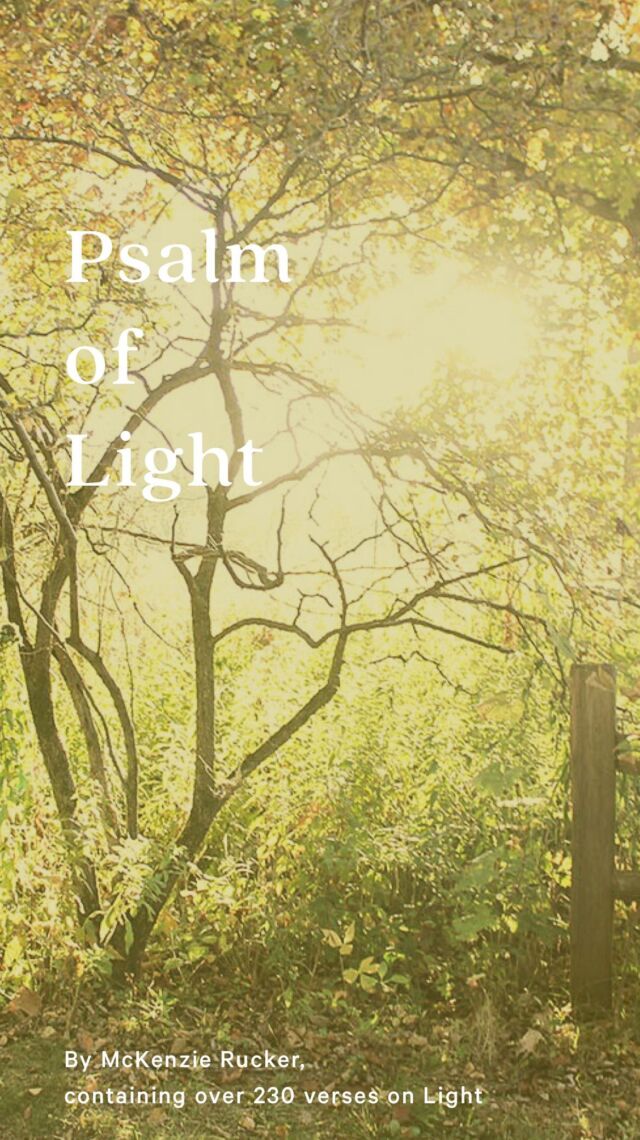
Just like I have for my first two children, I am diving into the meaning of the name Juniper and digging for the biblical treasures I know I can find.
I want my kids to know that, just like it is known in Biblical times, choosing a name is a very sacred responsibility that I do not take lightly. I want my children to glean lessons and gain confidence because of the name they were given during their earthly life.
If you just go and search what the name Juniper means, you will get “young and evergreen”. It has a Latin origin. It has a fresh-feeling nature feel, which goes great with my daughter Hazel’s name.

The Juniper Tree/Shrub
Juniper is Well-Rounded
I know I can dig deeper. What else can you learn from the name Juniper? Especially in terms of biblical meaning and lessons I can teach little Junie about her name. After some research, I learned a TON. For one, it is a plant that has the largest geographic range of any woody plant. Meaning, it grows naturally in Europe, Asian, North American, Mediterranean, and North African countries and has been found in areas in the southern hemisphere as well.
With there being over 55 different species of junipers throughout the world and all of these species have a variety of forms, varying from tall and columnar to bushy and low to the ground. My Juniper can know that even when she may feel common or ordinary at times in her life, she is widely unique, important, and beautiful just the way that she is.
Juniper is Patient & Resilient
Many juniper species grow very slowly. It can take many years. If my June is anything like me, she could be a late bloomer and as frustrating as it was to me at the time, it rewarded me many invisible blessings. I am now grateful I was a slow grower and that it set me up for a wonderful adult life.
Juniper trees can live in many different places — uncultivated areas, arid pastures, rocky places, ravines, sandy soil, or near marine areas. My Junie can learn from this that she is able to bloom anywhere that she is planted, no matter the different “climates” that life will evidently throw at her.
Cleansing, Calming, Strength, and Protection
The juniperus plant has a number of symbols and benefits attributed to it. The plant symbolizes protection: the branches are prickly and harsh and the tips of the needles have an aromatic sap that can, for some people, cause a rash. Instead of seeing these qualities as a repelling point, I like to think of it as a sort of defense for durability. Juniper can remember to always protect herself with the armor of God that will help her shelter her soul from Satan’s grasp of sin.
Although the plant does not seem very inviting because of its protective measures, in an oil form, juniper oil is believed to provide a grounding and calming effect that can help balance emotions and support mental health, as well as cleanse and purify the air. A juniper bath is thought to restore strength from exhaustion and free you from rheumatic pain.
Burning juniper wood was widely believed that the fragrant fumes had therapeutic properties against germs to protect those in need of some special physical or spiritual protection.
I love these themes of strength, protection, cleansing, and calm for our sweet Juniper Fay.
*Fun fact: There is a juniper forest at 16,100 ft in the Himalayas that is the highest trees on earth. You can’t get much closer to heaven than that!
Now let’s go to the opposite extreme of altitude and temperature: the Mediterranean desert during biblical times.

The References of Juniper Shrubs in the Bible
In the King James Version, the word juniper comes up 4 times — twice in 1 Kings and once in Job and Psalms. (NIV translation has the word juniper 13 times in replacement of “broom tree”).
For the references in Job and Psalms, it gives us a little more information about this bush in that area and time. In Psalms 120:4, it uses the imagery of “coals of juniper” to represent God’s wrath being compared to the fierce long heat that the juniper root creates.
When Job in 30:4 references eating juniper root, he is showing that he was brought to the lowest depth of starvation. Instead of meaning juniper roots for food, it could also be translated as using the roots to cook his food, which could also make sense.
Juniper in Greek and Hebrew
I am trying not to make this post too boring with all these facts and history, but I can’t help but mention where juniper is used in pagan and medieval Christian traditions in addition to biblical references. In Greek, this plant is known under the name of Árkefthos (άρκευθος), from the verb “arkéo” which means “to repel the enemy”. With its thorny branches, this name makes sense and accentuates the idea of protection. People would sometimes go as far as using juniper branches in the cracks of their house, hoping to reject diseases and evil spirits.
Hebrew it is rethem (רֹתֶם). In Israel and the surrounding area, the variety of trees that is known as retama raetam is actually a species called white broom. This bush provides a good amount of shade in the heat of the wilderness. It is a large and very conspicuous shrub, often growing thickly in the water-courses and valleys.
It is also a flowering plant. It is said that this is one of the most exquisitely beautiful plants of the country. The delicate pink-and-white hues of a whole hillside covered with this shrub in blossom is said to be as breath-taking as an English apple blossom orchard.
This wood apparently yields fine quality charcoal, being an important article of trade between the Bedouins and Egyptians. The wood itself was known to burn extremely well and throws out an intense heat even when not made into charcoal.
Arabs would encamp in a spot where it grew in order to be sheltered by the sun during the day and the wind at night. It is in many places the only bush that offers any shade. It provides protection in both heat and storm. As scanty as it may sometimes be, it does the job.
Juniper in Christmas Tradition
This tree has Christian folklore that it is linked to the protection of the Holy Family in their escape from Herod to Egypt. The legend is recalled on December 28th as the Feast of the Holy Innocents. The tale summarized is that as Mary, Joseph, and newborn Jesus fled Bethlehem after Joseph’s dream, the donkey galloped through fields and thickets of various shrubs, with hardly any cover to hide in. Then they came to a giant juniper bush where it opened up its branches like arms, enfolded them, and they were safely hidden from the pursuing soldiers. The inside became a soft bed, sheltering the fleeing family, while the needles on the outside grew as prickly as spears. The origin of the story is unknown but the rural custom still exists today where farmers hang juniper boughs tied with dark red cords symbolic of the blood of Christ on the doors of stables and barns.

Elijah and the Juniper Tree
My absolute favorite biblical reference to juniper is the story of Elijah which is the main reason I love the name Juniper so much. You can find this story in 1 Kings 19:
4 ¶ But he himself went a day’s journey into the wilderness, and came and sat down under a juniper tree: and he requested for himself that he might die; and said, It is enough; now, O Lord, take away my life; for I am not better than my fathers.
5 And as he lay and slept under a juniper tree, behold, then an angel touched him, and said unto him, Arise and eat.
6 And he looked, and, behold, there was a cake baken on the coals, and a cruse of water at his head. And he did eat and drink, and laid him down again.
The prophet Elijah just displayed God’s mighty power on Mt. Carmel. He is baffled by Israel’s lack of repentance even after this miracle. Jezebel begins hunting down Elijah with a vengeance, making a vow to kill Elijah within the day. While Elijah was fleeing from Jezebel’s soldiers who sought to kill him, he went into the wilderness a day’s journey. When he couldn’t go on any further, he sat down under a juniper tree and called it quits.
Elijah, after one of his greatest breakthroughs and victories by boldly and confidently calling down fire to display his God’s power, is now completely alone in the middle of a desolate and unforgiving desert, huddled underneath this scanty tree. Discouraged, depressed, defeated, scared, disillusioned, broken, and tired. This man full of faith found himself full of fear.
Elijah is so depressed and ready to die that he even asks God to take away his life because he cannot live up to his fathers before him.
Overcoming Despair through God — Rest, Renewal, Hope
Doesn’t this sound somewhat familiar? I think at one point in each of our lives, we feel like Elijah in one way or another. We hit rock bottom and despair settles like a thick fog. Despair immobilizes our spirits and makes us feel drained, whether it’s over past events, pessimistic about future possibilities, or discouraged about our present conditions.
Here at Elijah’s lowest point, an angel provided him with a little cake and something to drink. And the angel even came a second time.
This juniper tree symbolizes his lowest point in his ministry so far. He asks to die. And yet, God makes it a holy place — embracing him with protection, nourishing him with cake, comforting him with company.
I think the juniper tree is significant here. Like I mentioned above, it was known for its use of shade, its warm intense embers, and its fragrant and beautiful white blooms. In short, it was a tree of protection and rest, renewal and hope! We all need the Spirit of God to pick us up from the depths of despair and brush us off from time to time. And what better way than a nice baked cake.
“In my distress I cried unto the Lord, and he heard me.”
Psalm 120:1
I want Juniper to know that it is okay to get discouraged. The Bible is full of great men and women of God who get discouraged and depressed. Elijah did. Jeremiah, Jonah, John the Baptist, Hagar, Sarah, David, Job, Moses, Rachel. The list goes on. Even Jesus groaned and was deeply anguished over what lay before Him as He prayed “not my will, but your will be done.” We are not immune in this world to troubled times that sink us to our lowest point until we yell out, “I’m done God!”
But the Lord is ever mindful of us, and He knows that we need angels to help us. So he sends them not just once but twice. Enough times until we can gather up the strength to journey 40 days and nights back to Him on the mountain.
God never wants us to forever stay under this juniper tree. After Elijah lifts up and leaves this spot in the wilderness, filled with angel cake and higher spirits, he travels to the mount of the Lord and is able to see the greatness and goodness of God.
The juniper tree represents a place of renewal, rejuvenation, a place of healing, and a place where we will be made whole once again. That is what I want my sweet Junie girl to remember, that this place is found in God.
“The Lord is thy keeper: the Lord is thy shade upon thy right hand.”
Psalm 121:5











